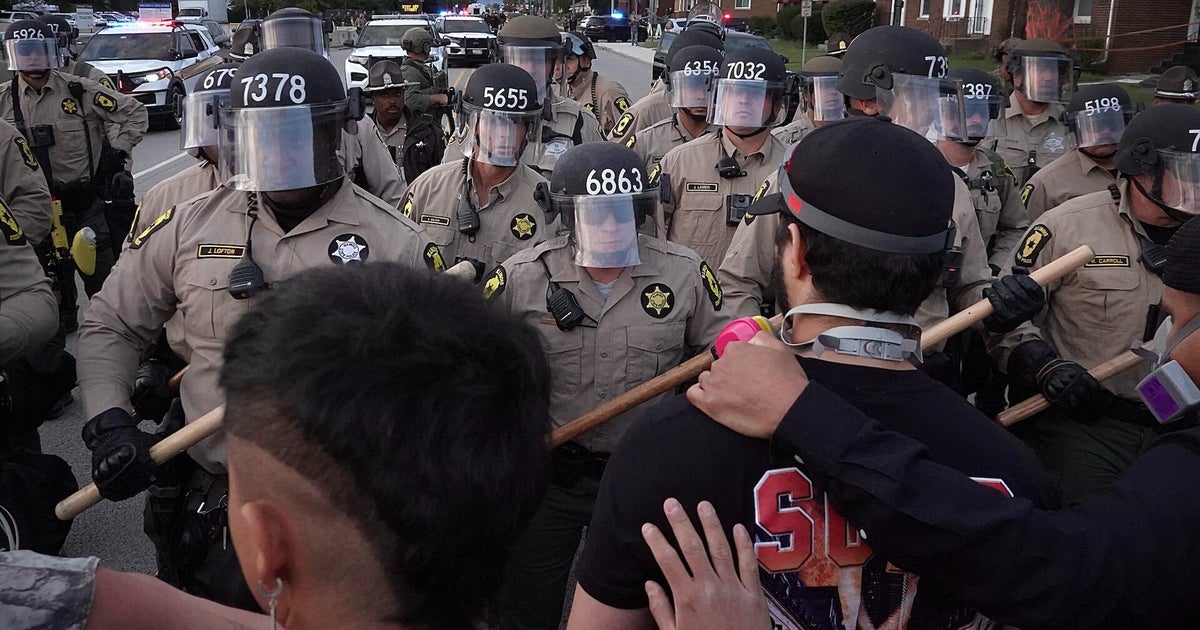Protests erupted worldwide well before the invasion of Iraq in March 2003. However, those demonstrations failed to prevent the invasion. Today, Israel’s ongoing assault on Gaza has reignited similar global protests. Nearly every major city has witnessed streets taken over by demonstrators demanding action against what they describe as the genocide and ethnic cleansing of Palestinians. So far, these atrocities have only escalated.
The Black Lives Matter movement also continues to be an ongoing struggle—now more of a campaign than a protest. Unlike the Occupy Wall Street movement, it has not faded away.
In Bangladesh, protests in 2024 led to a regime change. In 1977, the so-called Tehreek-i-Nizam-i-Mustafa protest resulted in the promulgation of martial law and the execution of Zulfikar Ali Bhutto. However, the 126-day sit-in following the 2013 elections and the Pakistan Tehreek-i-Insaf protests after a successful no-confidence vote against the government proved futile.
Indonesia’s Suharto and the Philippines’ Marcos were ousted after prolonged, persistent mass movements. In contrast, Adolf Hitler’s downfall came through military defeat and his suicide. Mussolini of Italy and Pinochet of Chile lost power after fighting erupted within their ranks. Mussolini met a remarkably gruesome end, whereas Pinochet escaped relatively unscathed.
The Iraqi people revolted against Saddam Hussein in 1991 and again in 1999. However, these uprisings were crushed with brutal oppression, and Saddam survived as long as his international support remained intact. A similar fate befell Libya’s Gaddafi.
This brief overview suggests that street protests do not always fully represent the people’s will. This raises two key questions: why do people protest, and what determines whether protests lead to positive or negative outcomes?
—
### Why Do People Protest?
Psychologically speaking, protests spring from fear, anger, hope, or moral outrage. Fear remains fear only up to a certain point; once it crosses a threshold, it transforms into motivation to resist and retaliate. Fear of losing land or livelihood has sparked many recent protests.
For example, the 2016 Standing Rock Sioux protest in the USA opposed the Dakota Access Pipeline crossing sacred indigenous land. In India, some agricultural laws faced similar protests from small farmers fearing loss of income and land ownership. In 2000, residents of Kerala protested Coca-Cola’s bottling plant, which extracted 1.5 million liters of water daily, drying wells and ponds and raising pollution concerns.
Among various fears, the fear of annihilation is perhaps the strongest motivator. The Holocaust resistance movements of Jews in Nazi camps during the 1940s aimed to overcome the fear of extermination by Hitler. This fear translated first into anger and later into brutal aggression.
Palestinians and Kashmiris are motivated similarly; their protests arise from a complex interplay of fear and hope. Anti-immigrant campaigns reflect similar fears—locals feeling culturally invaded by immigrants. This sentiment was openly expressed by Angela Merkel, former Chancellor of Germany, in 2010 when she declared Germany’s multiculturalism experiment a failure.
Right-wing movements in Europe and the US exploit this fear politically. The September 13 anti-immigrant protest in London, dubbed the Unite the Kingdom rally, epitomized this trend. Participants waved English, American, Israeli, and Union Jack flags; Trump’s MAGA hats appeared prominently.
The rally raised more questions than it answered. Tony Robinson, founder of the English Defence League and an anti-Islam campaigner, was the chief organizer and symbolically significant. Elon Musk’s speech at the rally, ominous and suggesting possible violence if immigration policies did not change, underscored rising tensions.
—
### The Impact and Meaning of Protests
This historical survey of protests reveals various forms of suffering that compel people to outcry. However, protests motivated solely by moral outrage are relatively rare.
After the Vietnam and Iraq wars, the Palestinian cause has uniquely inspired massive global rallies. Participants often have no racial, religious, or political ties to Palestine; they are neither directly impacted by the Gaza crisis nor beneficiaries of its resolution. Yet they mobilize, stepping out of their comfort zones. This illustrates pure public solidarity, even as most governments and capitalist institutions oppose such protests.
Protests never fail completely. Even when they do not achieve their stated goals, they reflect the mass mood, highlight critical issues, express resentments, and surface collective conscience.
Whether these protests will lead to a free Palestine remains uncertain, but their participants will persist in raising their voices for justice—for people on the verge of extermination.
https://www.thenews.com.pk/tns/detail/1346771-age-of-agitation
